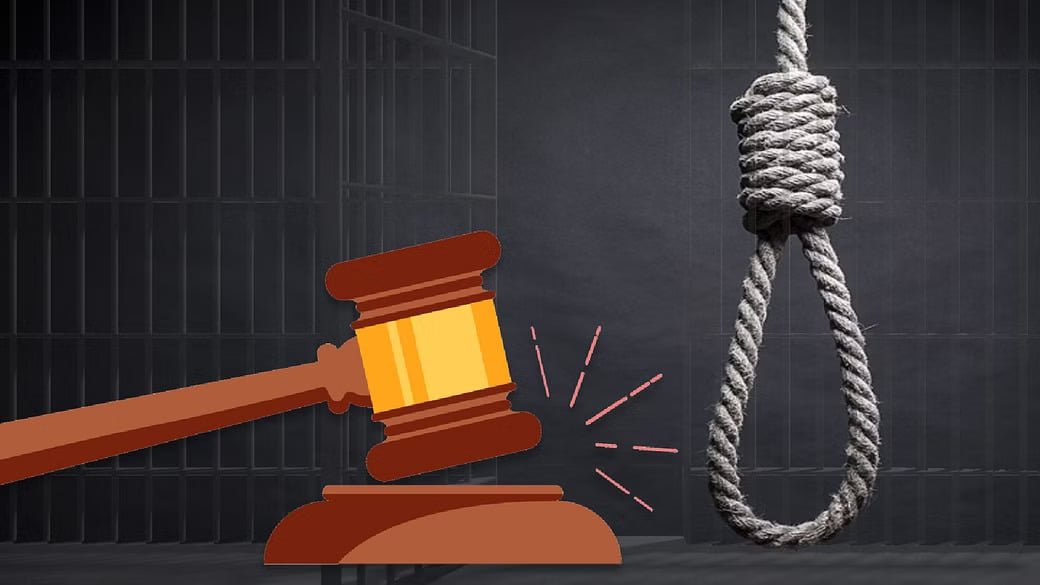The Supreme Court of India has emphasized that imposing a death sentence cannot be a mechanical process, criticizing a trial court for passing capital punishment without adhering to proper sentencing guidelines.
Key Aspects-
Sentencing Hearing: The apex court stressed the importance of a separate hearing on sentencing, particularly for capital offenses, allowing convicts to present mitigating circumstances.
Mitigating & Aggravating Factors: Courts must balance these factors; the Supreme Court highlighted inconsistencies in considering mitigating factors across judgments.
Bachan Singh v State of Punjab (1980): Established death penalty applies in “rarest of rare” cases; stressed judicial discretion with focus on mitigating circumstances.
Section 235 CrPC: Mandates hearing accused on sentence post-conviction; crucial for capital punishment cases.
Guidelines Needed: Supreme Court referred issues relating to capital sentence norms to a larger bench due to conflicting judgments on sentencing hearings.
Implications-
Judicial Discretion: Judges must consider individual circumstances, not apply sentencing mechanically.
Mitigating Circumstances: Factors like lack of criminal antecedents, convict’s background can influence sentencing.
Capital Punishment: Supreme Court seeks clarity on norms for imposing death penalty.
Recent Observations-
Ramesh A. Naika v Registrar General High Court of Karnataka (2025): SC commuted death sentence considering mitigating factors like no criminal antecedents.
The court advocates balancing aggravating and mitigating factors but notes lack of uniform criteria.
The Supreme Court of India has underscored that imposing a death sentence cannot be a mechanical or routine process, criticizing trial courts for failing to follow proper sentencing guidelines. The apex court emphasized the necessity of a separate hearing on sentencing, allowing convicts to present mitigating circumstances, as mandated under Section 235 CrPC. Balancing aggravating and mitigating factors are crucial in capital punishment cases, with the court highlighting inconsistencies in judicial approaches. Referring to landmark rulings like Bachan Singh v State of Punjab (1980), the Supreme Court seeks clarity on norms for imposing death penalties, advocating judicial discretion grounded in careful consideration of individual case circumstances rather than mechanical application.

